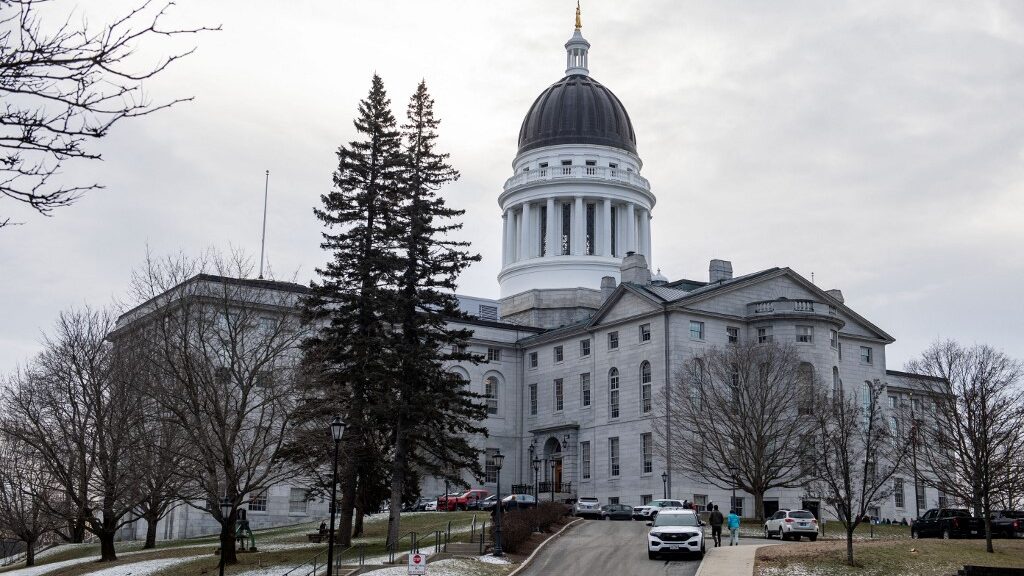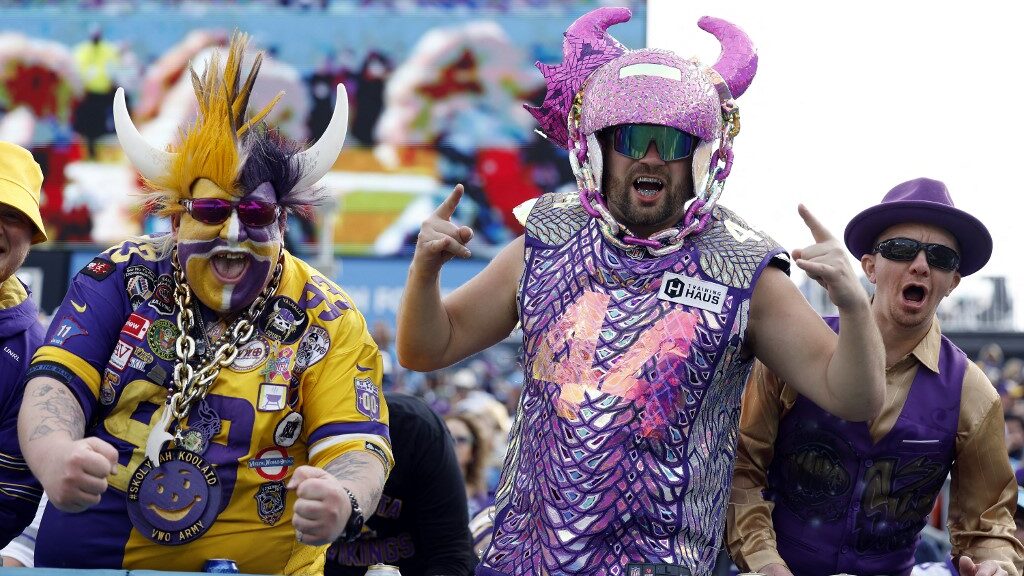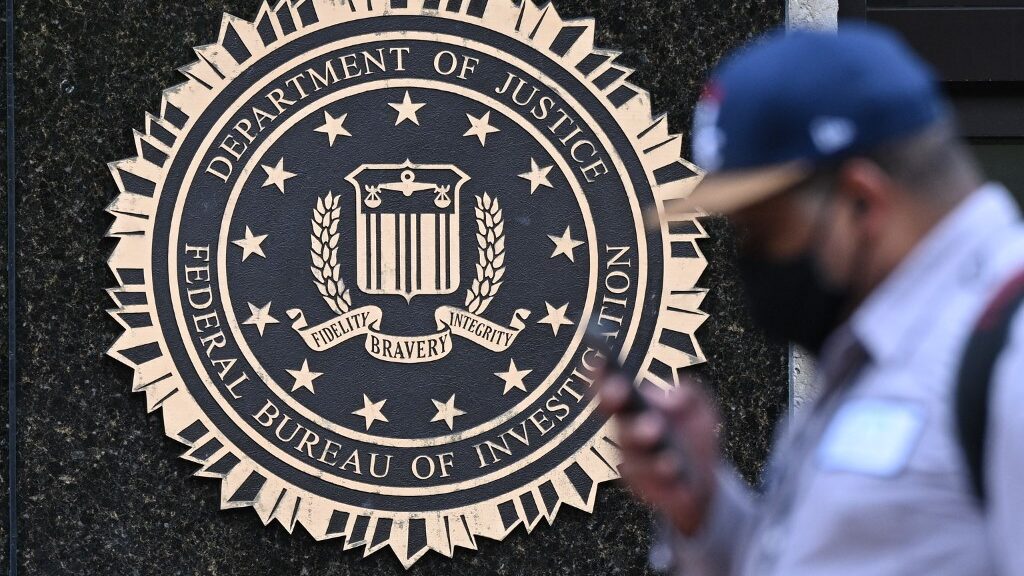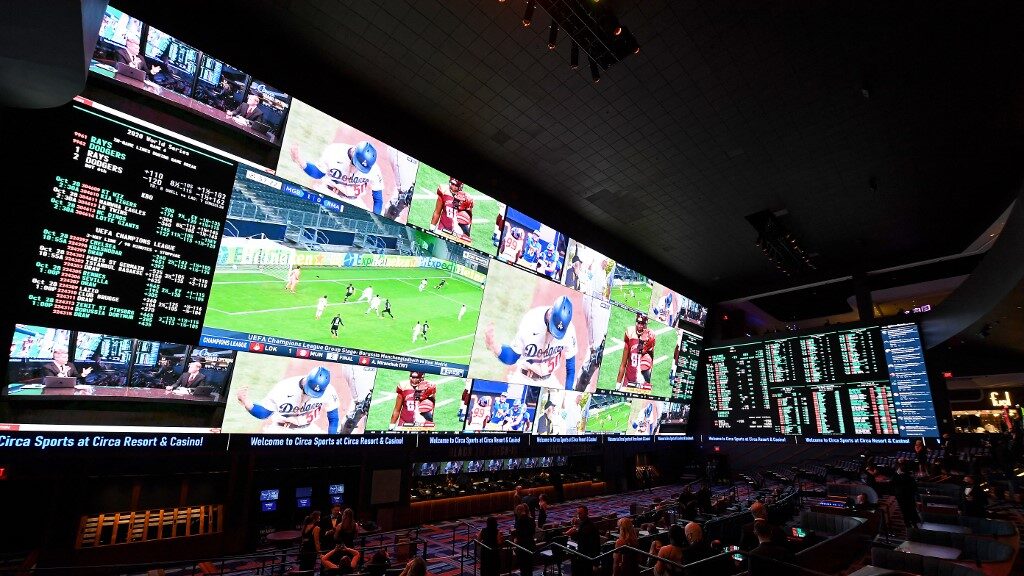
The hope is gone in Maine.
Despite optimism from supporters heading into the session, The House of Representatives decided not to proceed with LD1777, effectively extinguishing any prospects of online casinos being introduced to Maine’s betting operations this year.
The question now is when, or if, the talk about legalizing online casinos will resurface. But for now, the discussion is over.
Decision Ends Bumpy Ride for LD1777
The bill would have granted online casino operations to the Wabanaki Nations tribe. Maine lawmakers originally planned to vote on the bill at the start of 2024, but some extenuating circumstances caused delays. It underwent major rewrites before it finally reached the House floor.
The House narrowly voted down the bill in April, but the Senate decided to revisit it and added some changes. These amendments proposed to place the bill on the November ballot for voters to decide and to allow the gambling-operating tribe to collaborate with online operators to expand casino offerings.
Despite all of this, the Maine House voted down the bill again. Maine’s next opportunity to legalize online casino gambling won’t come around again until the 2025 legislative session.
Support for Maine Online Casino Bill is Mixed
Those who support LD1777 believe it could bring in as much as $100 million for the tribes in the future. They claimed that the bill would not only economically benefit the tribes, but also nearby towns, and the entire state. This is because the tribes would put all of the new income back into the local economy, rather than sending earnings to corporations outside the state.
But not everyone is on board. Some people are worried that if it became law it could hurt the state’s established casinos because they would lose business to the online market. They were also concerned that it might cost some current casino employees their jobs.
Maine currently has two casinos, a few racetracks, several gambling halls run by tribes, and a state lottery. Detractors are also concerned that it might lead to more gambling problems.
Steve Silver, who is in charge of the Maine Gambling Control Board, has already spoken out against the bill. He does not think it is in the state’s best interest because of the proposal’s potential impact on the 19 groups that received more than $69 million in revenue in 2022 from the state’s two casinos, which could lose business as a result of the bill.
Where Does the Bill Go From Here?
For many years, the unique regulatory framework in Maine has posed challenges for its government and the four primary tribes, as it restricts them from accessing numerous gaming and other rights that Native American groups in other states enjoy. However, Gov. Janet Mills and her administration have emphasized their efforts to improve both tribal relations and economic opportunities.
Maine would join New England neighbors Connecticut and Rhode Island among the seven states with legal iGaming if it can ever get a bill passed.
The fate of online casinos is now unclear. We know it won’t happen this year, but like they say, “There’s always next year.”

















